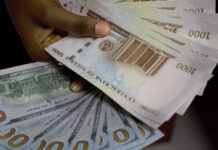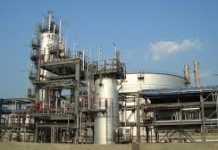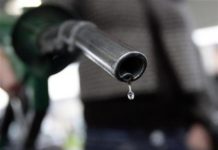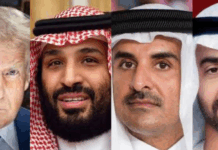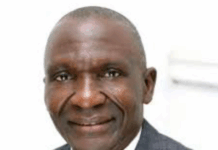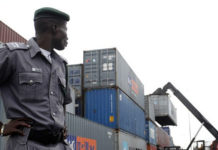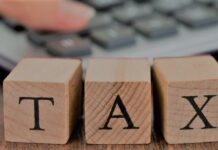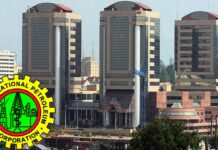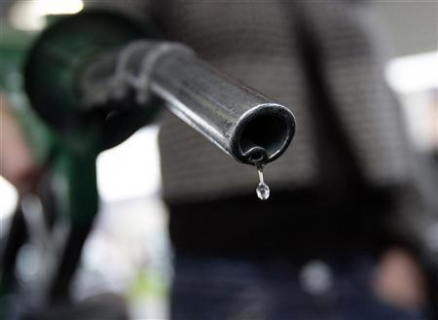
Who’s Stealing Nigeria’s Subsidy Savings?
By Umar Farouk Bala,
In a country where citizens are being asked to endure rising costs and tighten their belts, the latest revelations from the World Bank have once again peeled back the layers of government rhetoric—exposing a familiar gap between promise and practice in the management of Nigeria’s public finances.
At the centre of this troubling story is the Nigerian National Petroleum Company (NNPC) Limited and its failure to fully remit the revenue gains from the removal of petrol subsidies—a policy the administration of President Bola Ahmed Tinubu boldly marketed as a necessary reset for the country’s broken economy.
But according to the May 2025 edition of the World Bank’s Nigeria Development Update, the NNPC has been remitting just 50% of the expected subsidy savings into the Federation Account since January. The rest?
The company says it is using the funds to “offset past arrears”—a vague and evasive explanation that fails to calm public concerns about mismanagement and backdoor deals. This is not just a bureaucratic lapse. It undermines the very reason Nigerians were told to endure the pain of subsidy removal.
Citizens were assured that their sacrifice would translate into investments in public services—schools, hospitals, roads, and safety nets. What they see instead is a national oil company, already facing forensic audit and weighed down by longstanding allegations of financial malpractice, shielding critical information from public scrutiny.
The sacking of NNPC’s former leadership and the ongoing EFCC investigation may look like action. But Nigerians know better. When opacity is systemic, changing faces is not enough. Transparency must be the foundation—not just a campaign slogan but a governing principle.
Read Also:
This breach of trust comes at a time when the Federal Government is gambling on an overly ambitious 2025 budget. The World Bank has warned that it could explode into a much wider deficit if care is not taken. Built on optimistic revenue assumptions but weak delivery structures, the budget aims to scale up capital spending.
Yet without fiscal discipline and clarity, these ambitions risk collapsing into another round of waste and disappointment. What the country needs now is not more noise about reform—but reformers who can be trusted with public wealth.
Mismanaging oil revenue—whether by withholding remittances or through bloated, unproductive bureaucracy—is a betrayal of the very citizens whose daily lives continue to worsen under the weight of inflation and hardship. Nigerians have been told to make sacrifices. They are doing just that.
But they are right to ask: where is the accountability from those in charge? The World Bank’s report is more than just a review of numbers. It is a clear warning. A demand for openness in the oil sector. For faithful implementation of budgetary plans.
For a genuine shift from Abuja-centric control to shared financial responsibility with subnational governments. In 2024, states received more revenue than the Federal Government—N13.8 trillion versus N12.3 trillion. That is not a footnote.
It is a wake-up call. Nigerians must now turn their attention to state governments and hold them to the same standard. It is no longer enough to point fingers at Abuja when local governance is failing across the country.
The road to economic stability is not paved with slogans or half-measures. It demands a culture of transparency—day in, day out. If this administration truly seeks a reset, then it must begin by telling the truth, showing the numbers, and placing accountability above political convenience.
The people are watching. The people are waiting. And they deserve better.





